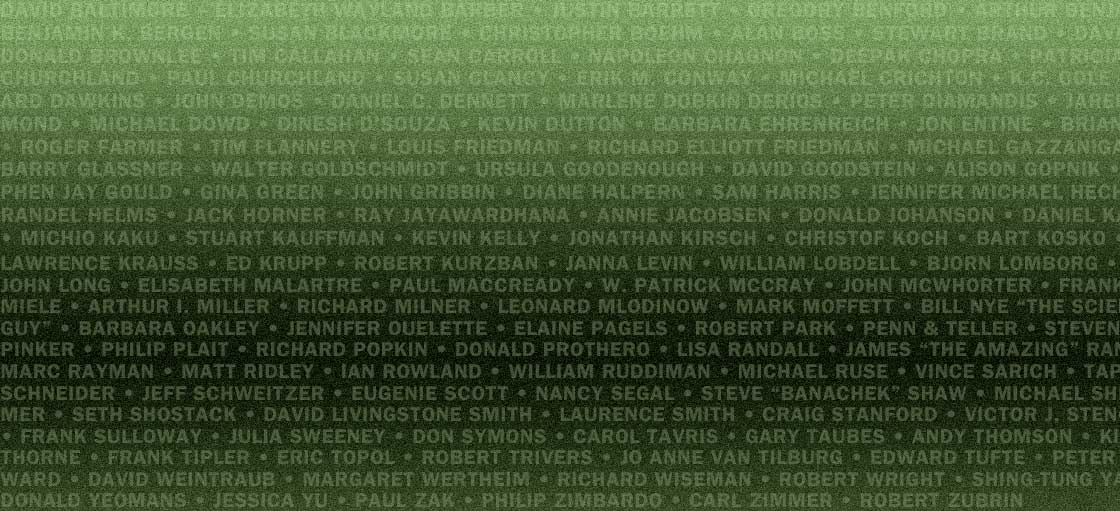Some central questions in the natural and social sciences can’t be answered by controlled laboratory experiments, often considered to be the hallmark of the scientific method. This impossibility holds for any science concerned with the past. In addition, many manipulative experiments, while possible, would be considered immoral or illegal. One has to devise other methods of observing, describing, and explaining the world. Jared Diamond, author of the Pulitzer-prize winning Guns, Germs, and Steel and the bestselling work in environmental history Collapse, here reveals for the first time his methodology in the applied use of natural experiments and the comparative method. In this lecture based on his new edited volume, Natural Experiments of History, Diamond presents eight comparative studies drawn from history, archaeology, economics, economic history, geography, and political science. The studies cover a spectrum of approaches, ranging from a non-quantitative narrative style to quantitative statistical analyses. The studies range from a simple two-way comparison of Haiti and the Dominican Republic, which share the island of Hispaniola, to comparisons of 81 Pacific islands and 233 areas of India. The societies discussed are contemporary ones, literate societies of recent centuries, and non-literate past societies.
Browse all books by Jared Diamond in Shop Skeptic.









